THE NEW CFO AGENDA: STRATEGIC LEADERSHIP THROUGH ECONOMIC HEADWINDS
The profound volatility of the current economic climate has impacted almost every aspect of our operating environment. Cost pressures are rising, labour markets tightening and sustainability commitments carry more of an intensified weight. What’s more, the global players of growth and demand have shifted, and continue to do so, amplifying the already complex nature of post-pandemic supply. Though businesses are better prepared to face these headwinds, leaders of industry will be defined by their ability to strategically position themselves for advantage; a task that has fallen into the remit of CFOs.
Fortunately, finance leaders are inherently aware that through crisis emerges potential for opportunity. KPMG Partner and Senior Economist, Sarah Hunter, expressed it plainly: “Now is the time to take advantage.”
On the 13th October 2022, Oracle and KPMG, in partnership with Connect Media, hosted an executive gathering of senior finance leaders from across all sectors of the national economy to discuss this uptake of an advantage-driven mentality. Their conversation interrogated the expanding mantle of CFOs in the face of a tumultuous economy as they continue to step up as strategic partners and digital enablers.
Attitudes of Change: The Case of Treasury Wine Estates
Not many wine companies have as wide a global presence as Treasury Wine Estates. Headquartered in Australia, it owns and operates wine production and packaging facilities in some of the world’s leading wine regions including Australia, New Zealand, the US and Europe. At the heart of it is growth over the past decade is a multi-regional wine sourcing model and global distribution platform, supported by an innovation agenda and technology focus to respond to shifting consumer preferences and increasing supply chain complexity.
CFO Matt Young described how his role has expanded alongside the company’s technological integration. His remarks echoed a broader sentiment emerging in financial leadership: be proactive, rather than reactive. More and more, we are seeing executives shed the reactive mindset that once drove pandemic decision making, replaced with a more considered and incremental approach, always with the end-goal in mind.
When asked how Treasury Wine Estates is navigating economic shifts, Young spoke about the importance of agility and creativity. “We think about it in terms of being ready for a range of potential scenarios.”
“One thing that any customer-focused business knows is that you can’t be too fixed, or permanent, in your planning. Consumer trends change, market trends change – sometimes quickly. You need to respond quickly, and in our case, manage that against a long-term agricultural cycle and global asset base,” he said.
That means you need to be ready to respond to multiple scenarios and build flexibility into your business model – so you can make the most of new opportunities that present themselves along the way.
Agility is a common thread running through the Treasury Wine Estates executive team, enabled further by the technology integrated into business operations:
“Technology plays a critical role across our business: in consumer and customer engagement, and also in our vineyard, winery and supply chain operations. It’s an important area of investment for us, particularly in our data and analytics capability, to improve supply chain efficiency and yield management, or even predict supply chain disruption,” said Young.
Making the best of both worlds – the history and tradition of winemaking combined with the innovation and agility needed to respond to changing consumer preferences – required a strategic approach to change management and organisation-wide view of capability.
Understanding the Transformation Investment
As it sits, the term ‘transformation’ often evokes a mixed response among leaders. Some are averse to its gravity, a promise of immense and challenging change. Others see it as an opportunity to establish a different pace, to do away with stale practice and return afresh, optimised and efficient. Digital transformation, specifically, falls in step with these outlooks.
We are seeing businesses spending more on technology than ever before: from productivity insight and consumer supply patterns, through to AI predictive analytics and the automation of menial, daily tasks. And these solutions will only continue to advance. Determining their viability as mechanisms of long-term value has come into the fold of CFO responsibility. Leaders must determine the strategic worth of these investments, taking accountability on both a business and employee level.
Dale Khoury, Partner at KPMG, detailed that making such decisions requires a deep understanding of how the business function would respond to change: “It very much depends on what kind of level of maturity, how the finance operating model is structured today, what the spend appetite and capacity is of an organisation, what the ability to absorb a transformation is like just from an organisational change perspective. Because it is hard.”
James Burt, Director, Office in Finance from Oracle, followed on: “As finance people, we need to be really cognisant of that fact that you are working with colleagues, you are working within a bigger ecosystem.”
CFOs need to consider the repercussive lifecycle of these investments, breaking silos to ensure a smooth and equitable transition. Burt then remarked on the importance of a focused view in this process, echoing the sentiment carried by Treasury Wine Estate. When devising a change strategy, “It is important that you have an end in mind. Whatever your journey, you really want to have a good understanding of how technology is going to help with that end in mind,” he said.
“You actually get advantage with continuous innovation. You’re not going to have to do these big disruptive transformations,” he continued.
While investment decisions have long been tied to the CFO position, CEOs are relying on their finance leaders to take up a greater role as players of strategy, translating the full scope of transformation throughout the organisation.
Conclusion
From navigating the headwinds of an unsteady economy to guiding the business direction of change, CFOs have been thrust into the strategic forefront. As the technological landscape continues to evolve, they must champion and engage in continuous, cross-departmental dialogue, leading the pace of business-wide transformation with a considered, intentional approach.
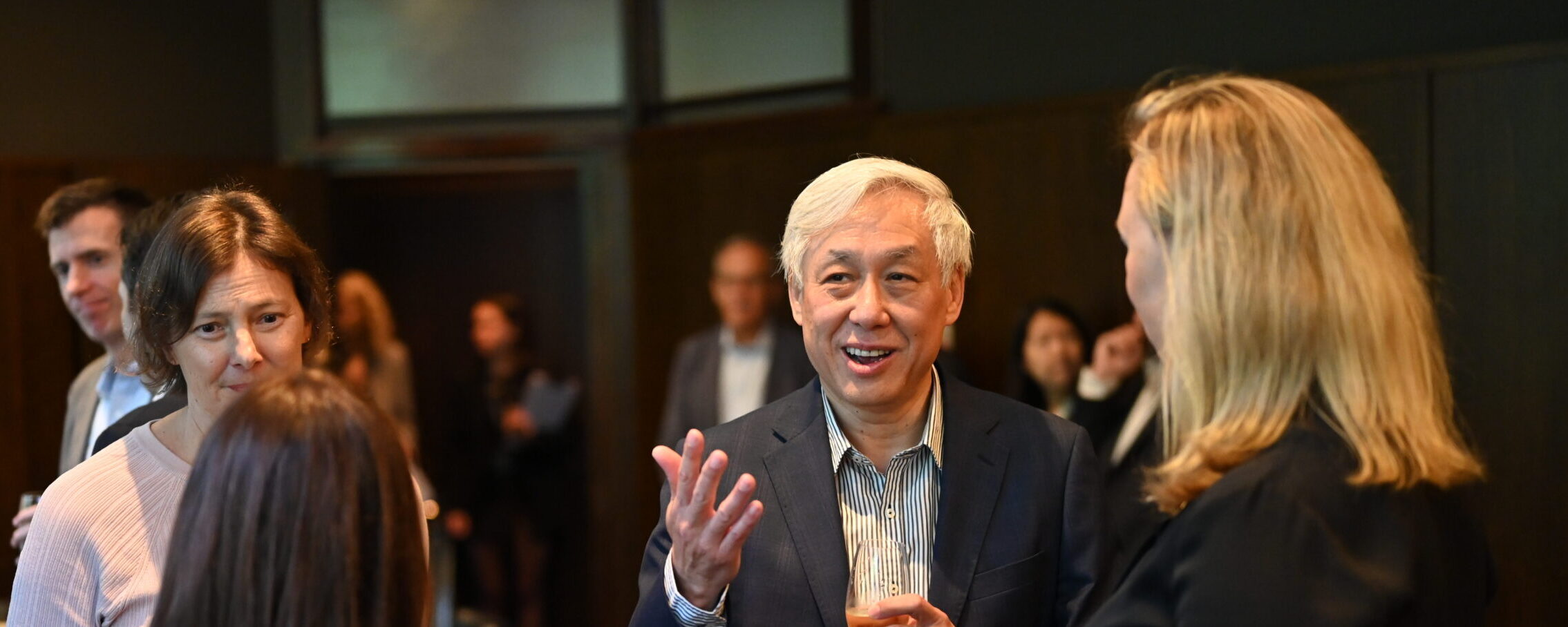
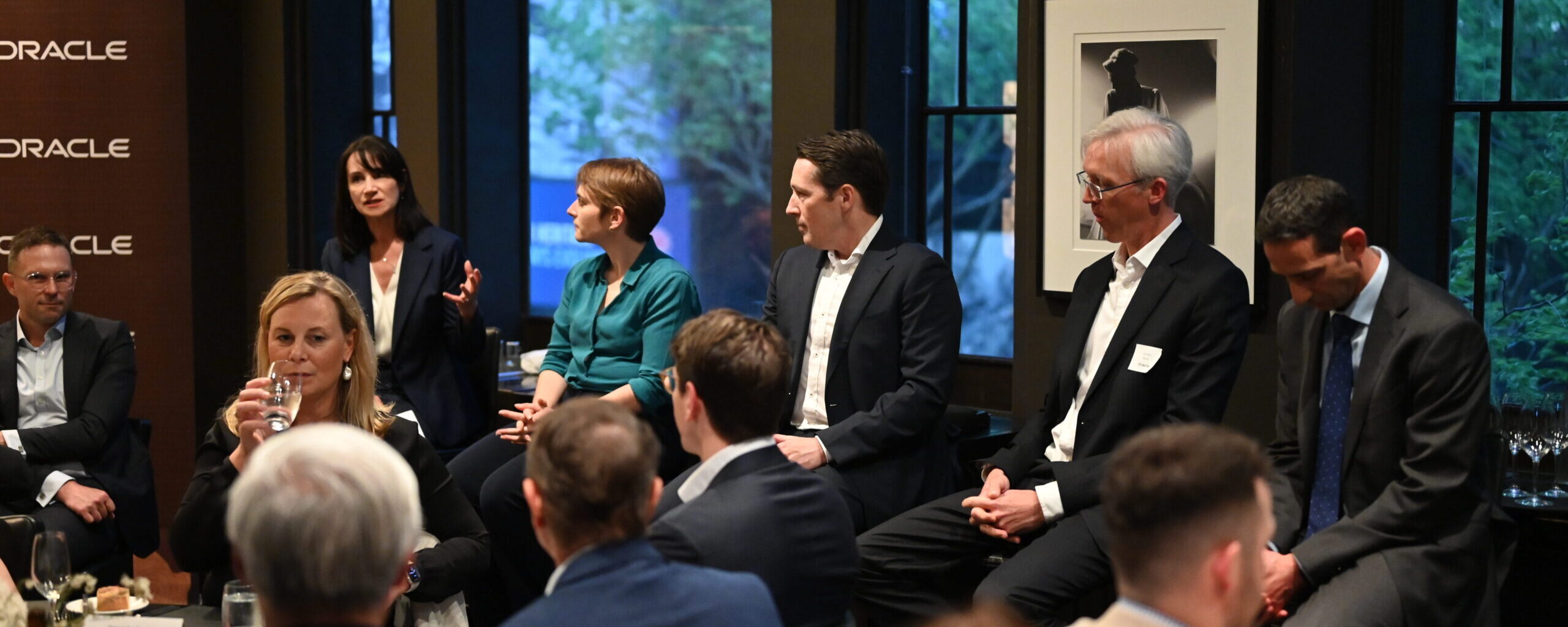
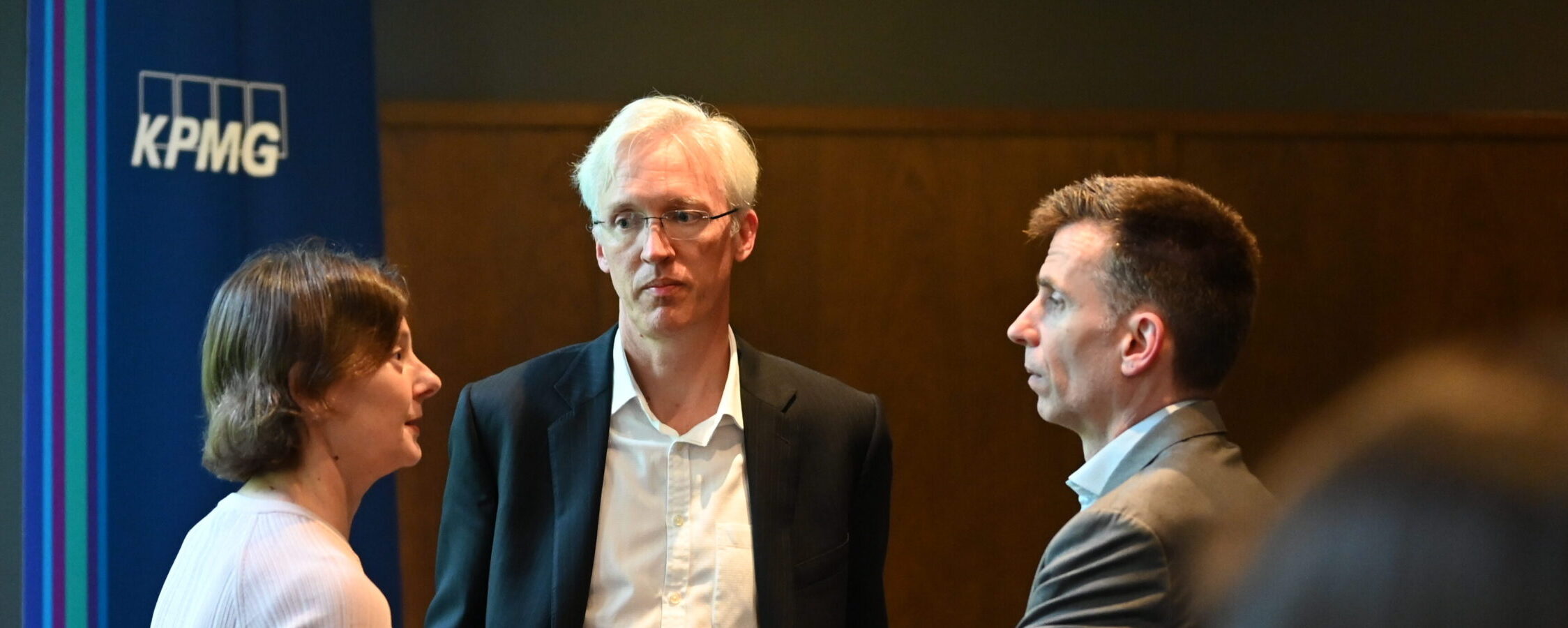
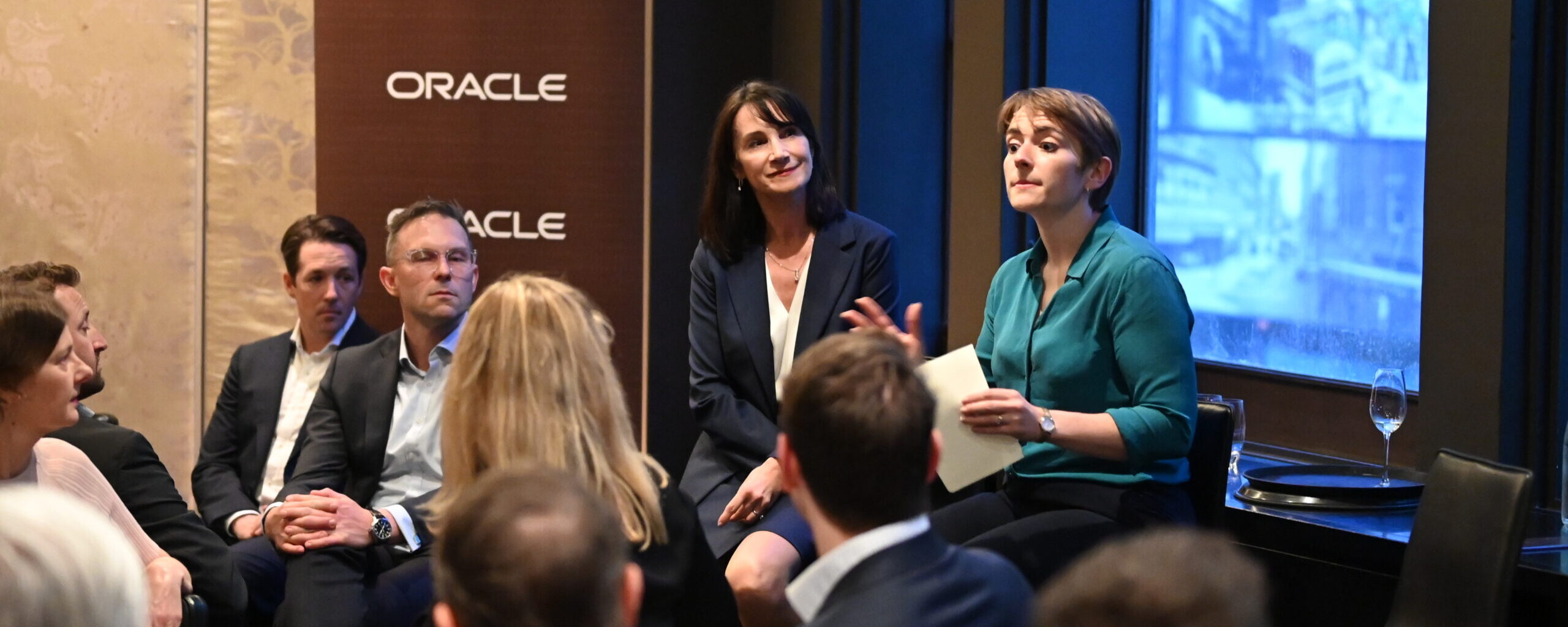

Related Articles
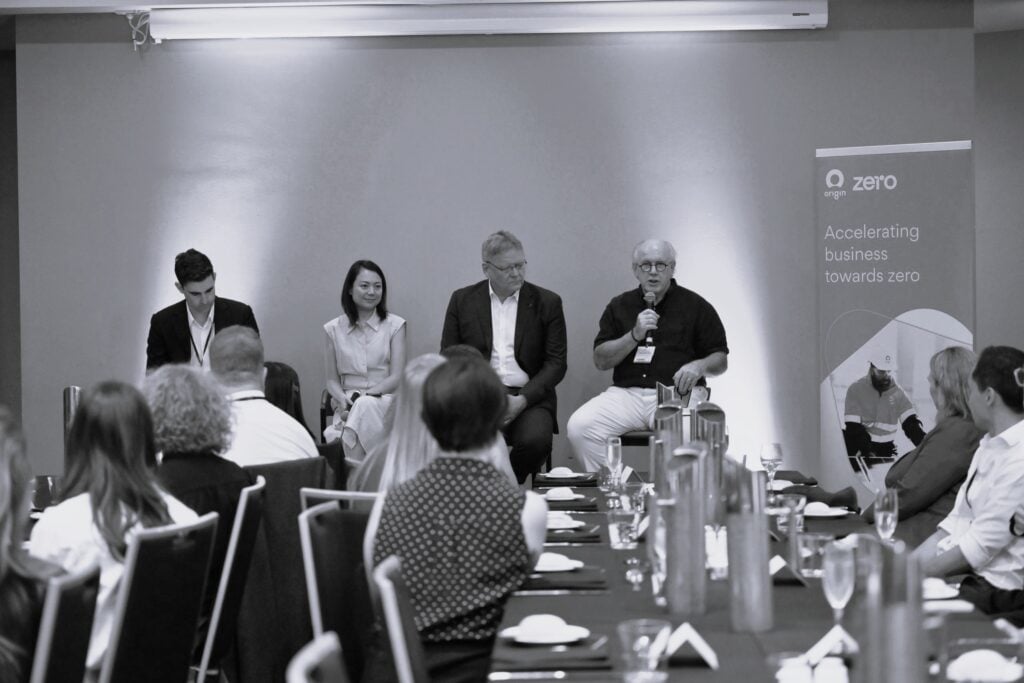
DECARBONISATION IN ACTION: KEY INSIGHTS FOR BUSINESS LEADERS
Decarbonisation in Action: Key Insights for Business Leaders Origin Insight Report Introduction The business case for decarbonisation has never been stronger, yet many businesses still struggle with transforming their sustainability strategies into tangible action. As organisations across industries grapple with this transformation, three critical hurdles dominate: justifying investments financially, overcoming
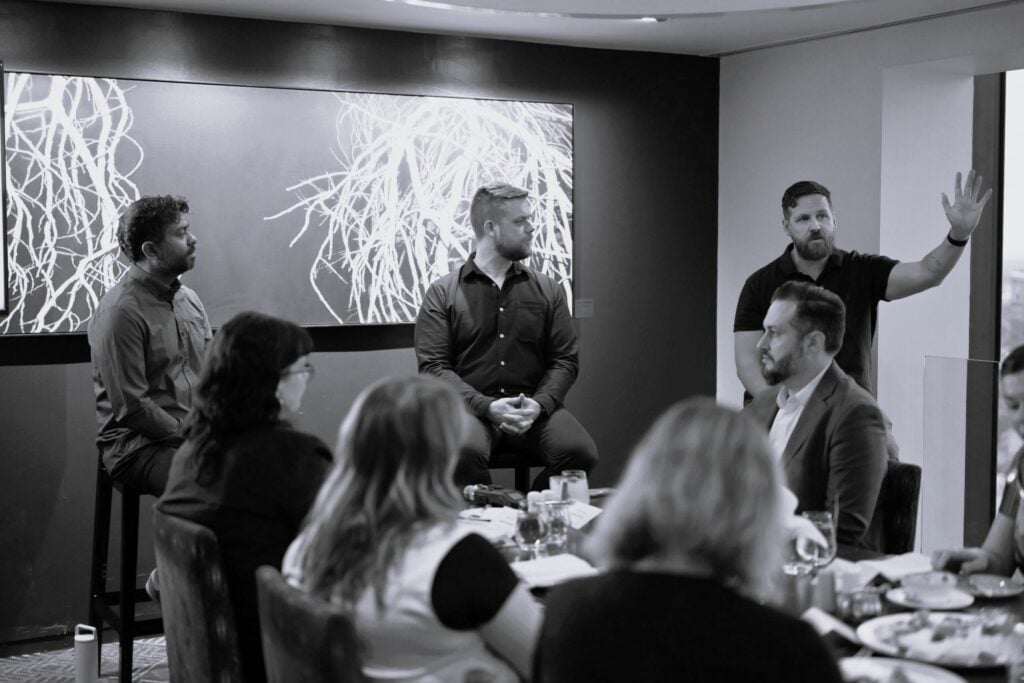
ALWAYS ONE STEP AHEAD: HOW RETAIL LEADERS MOVE FASTER, SCALE SMARTER, AND DELIVER BETTER EXPERIENCES
Always One Step Ahead: How Retail Leaders Move Faster, Scale Smarter, and Deliver Better Experiences Contentful Insight Report Introduction In today’s rapidly evolving retail landscape, speed and agility have become the ultimate competitive differentiators. While consumers continue to demand increasingly personalised experiences, many retailers have found themselves grappling with outdated
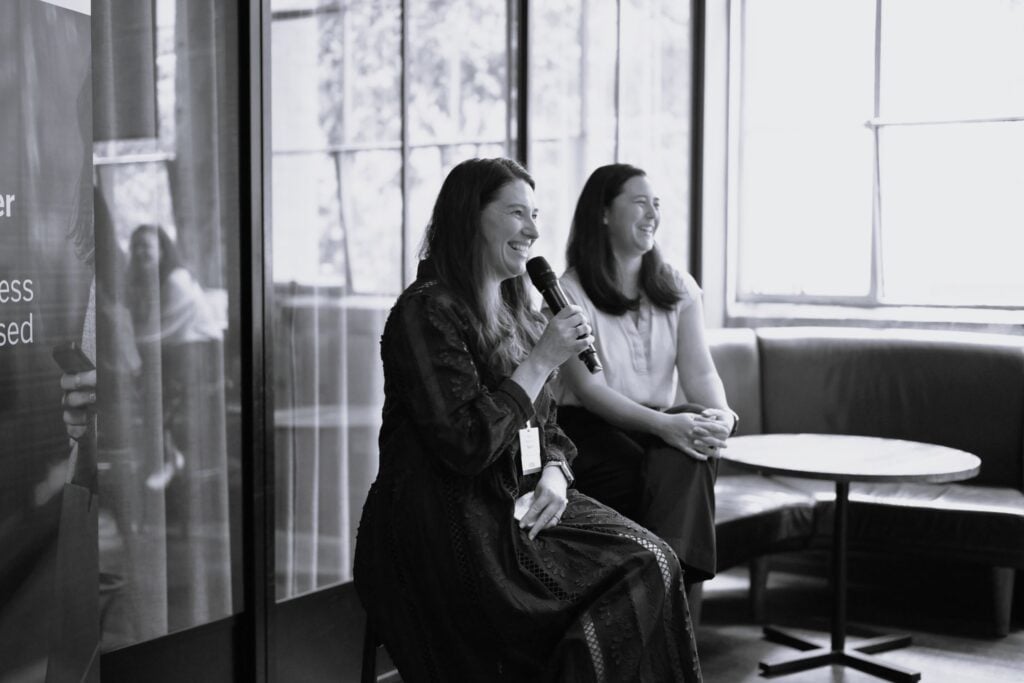
RETAIL REIMAGINED: DRIVING SIMPLICITY, INNOVATION & GROWTH
Retail Reimagined: Driving Simplicity, Innovation & Growth SAP Insight Report Introduction The retail sector is undergoing a seismic shift, with evolving customer expectations and market pressures forcing leaders to rethink their business strategies. Future competitiveness hinges not just on agility, but on cultivating a culture of continuous innovation. The question











